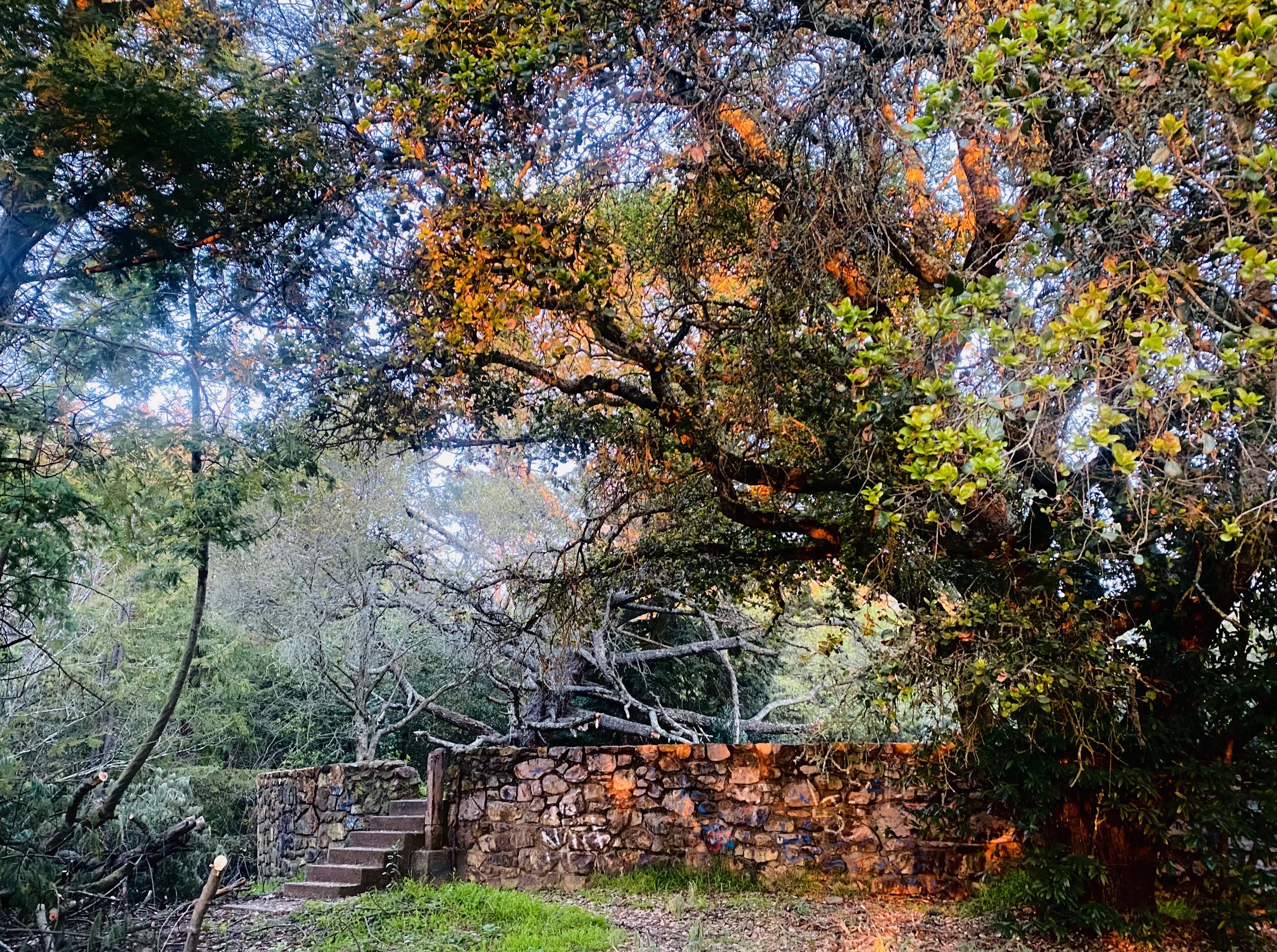
- Details
- By Darren Thompson
OAKLAND— At a press conference yesterday, the city of Oakland announced its plans to return five acres of city land to Indigenous stewardship. The city will host hearings to consider transferring the land to the East Bay Ohlone Tribe, Confederated Villages of Lisjan Nation and Sogorea Te’ Land Trust, an Indigenous women-led group based in the San Francisco area.
“What started out with a casual conversation between Oakland Mayor Libby Schaaf and Tribal Chairperson Corrina Gould in 2018 has grown into a partnership between the City and the [Sogorea Te’] Land Trust to begin to address the historic harms of Oakland’s founding,” the city of Oakland said in a statement on its website. “Chochenyo-speaking Ohlone people have inhabited Oakland and parts of the East Bay for thousands of years. They were forcibly removed from their land with the arrival of Europeans and descendants of Europeans beginning in the 18th Century.”
If the plan is approved by the city council, the city will grant a cultural conservation easement — to be held in perpetuity — to the Sogorea Te’ Land Trust. In the short term, the land will be used for natural resource restoration, cultural practices, and public education. Leaders hope to one day create a ceremonial gathering place and structure where Indigenous people and their guests can gather.
“I am committed to returning land to Indigenous stewardship, to offer some redress for past injustices to Native people,” Oakland Mayor Libby Schaaf said in a statement. “I hope the work we are doing in Oakland with the Sogorea Te’ Land Trust can serve as a model for other cities working to return Indigenous land to the Indigenous community we stole it from.”
At the press conference, leaders unveiled plans for a structure envisioned at the site, designed to look like an inverted Ohlone basket. Corrina Gould, co-founder of Sogorea Te’ Land Trust, told the crowd that the British Museum owns the only remaining baskets used by the Ohlone people.
“This agreement will restore our access to this important area, allowing a return of our sacred relationship with our ancestral lands in the hills," Confederated Villages of Lisjan Tribal Chairwoman Corrina Gould said in a statement. “The easement allows us to begin to heal the land and heal the scars that have been created by colonization for the next generations.”
A community meeting hosted by Sogorea Te’ Land Trust and the City of Oakland is scheduled for Tuesday, Sept. 13 at 5:30 p.m. to provide opportunities for the community to learn more about the project and provide feedback.
The Confederated Villages of Lisjan is one of many Ohlone tribes in northern California mistakenly documented to be extinct in the 1920s by an anthropologist. Each tribe has its own history and has been petitioning the U.S. government for federal acknowledgment for years.
Various media reports state that the land transfer is considered the first case of a city considering giving land back to Indigenous people. Other cities, such as Minneapolis, are currently being approached to give parcels of land back to Indigenous stewardship.
Currently, the American Indian Movement’s Twin Cities Chapter is proposing for the acquisition of a park on Minneapolis’s southside to accommodate the region’s Indigenous homeless population.
“The solution to Minneapolis’s Indigenous homeless encampments is the return of East Phillips park back to the American Indian community,” Mike Forcia, Chairman of AIM-Twin Cities, said. “We would use the space to house a temporary navigation center and immediately shut down the encampments.”
Last November, seven candidates for Minneapolis mayor said they’d consider giving land back to Indigenous people, including current Mayor Jacob Frey.
To date there have been no formal discussions with the Mayor’s office or Minneapolis’s City Council.
More Stories Like This
Native News Weekly (August 25, 2024): D.C. BriefsUS Presidents in Their Own Words Concerning American Indians
Native News Weekly (January 18, 2026): D.C. Briefs
Federal Judge Orders ICE to Halt Use of Pepper Spray, Arrests of Peaceful Protesters in Twin Cities
Tunica-Biloxi Cultural Leader John D. Barbry Walks On
Help us defend tribal sovereignty.
At Native News Online, our mission is rooted in telling the stories that strengthen sovereignty and uplift Indigenous voices — not just at year’s end, but every single day.
Because of your generosity last year, we were able to keep our reporters on the ground in tribal communities, at national gatherings and in the halls of Congress — covering the issues that matter most to Indian Country: sovereignty, culture, education, health and economic opportunity.
That support sustained us through a tough year in 2025. Now, as we look to the year ahead, we need your help right now to ensure warrior journalism remains strong — reporting that defends tribal sovereignty, amplifies Native truth, and holds power accountable.
 The stakes couldn't be higher. Your support keeps Native voices heard, Native stories told and Native sovereignty defended.
The stakes couldn't be higher. Your support keeps Native voices heard, Native stories told and Native sovereignty defended.
Stand with Warrior Journalism today.
Levi Rickert (Potawatomi), Editor & Publisher

